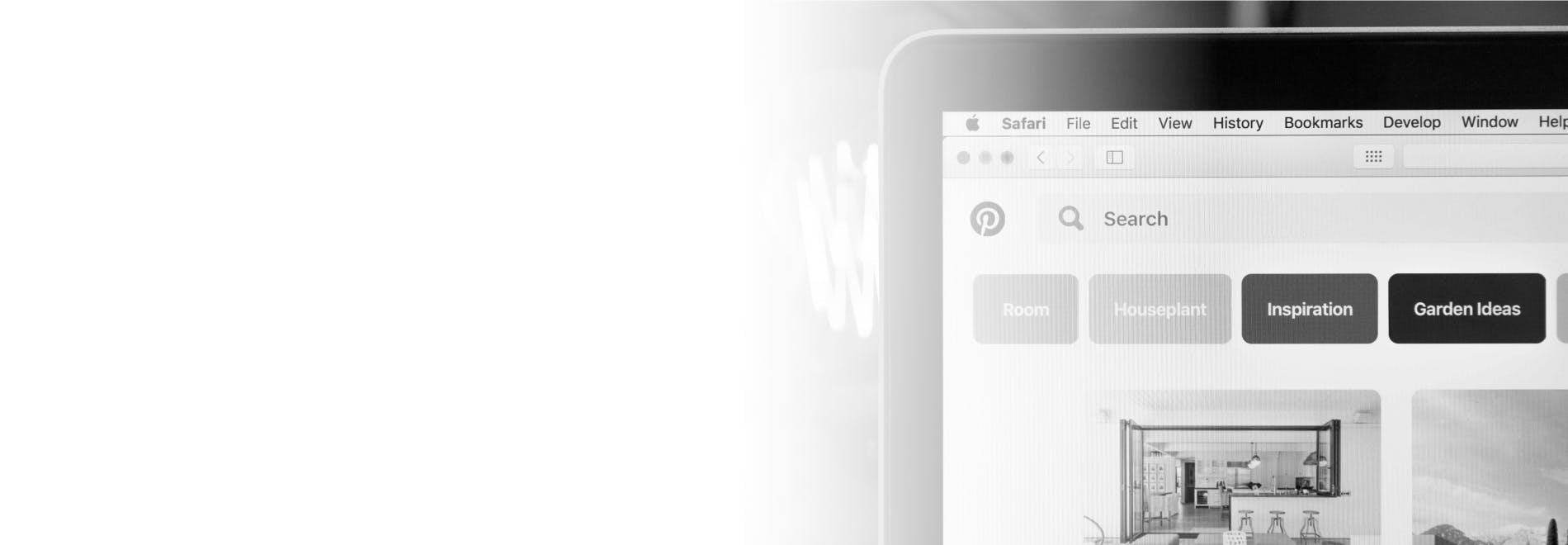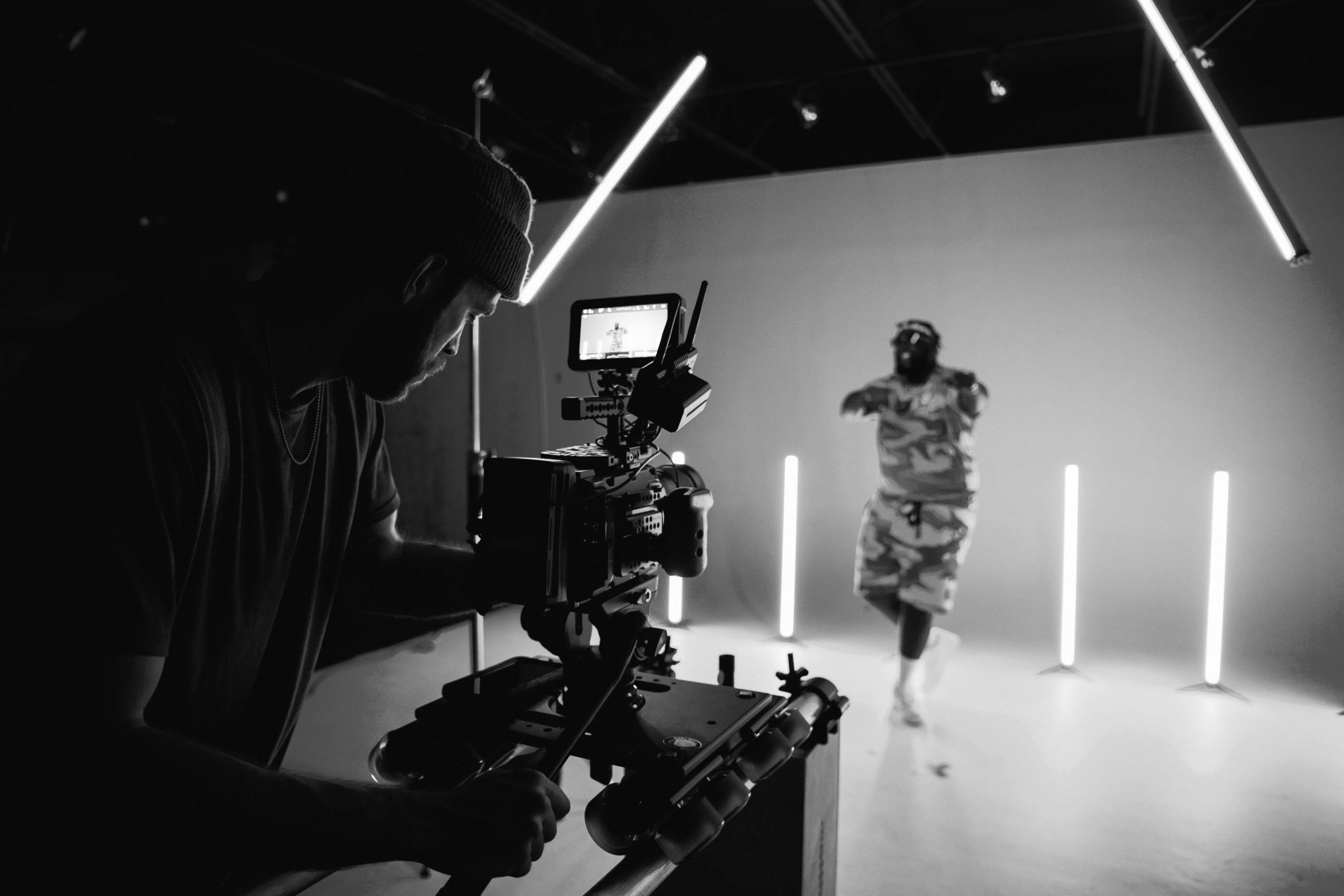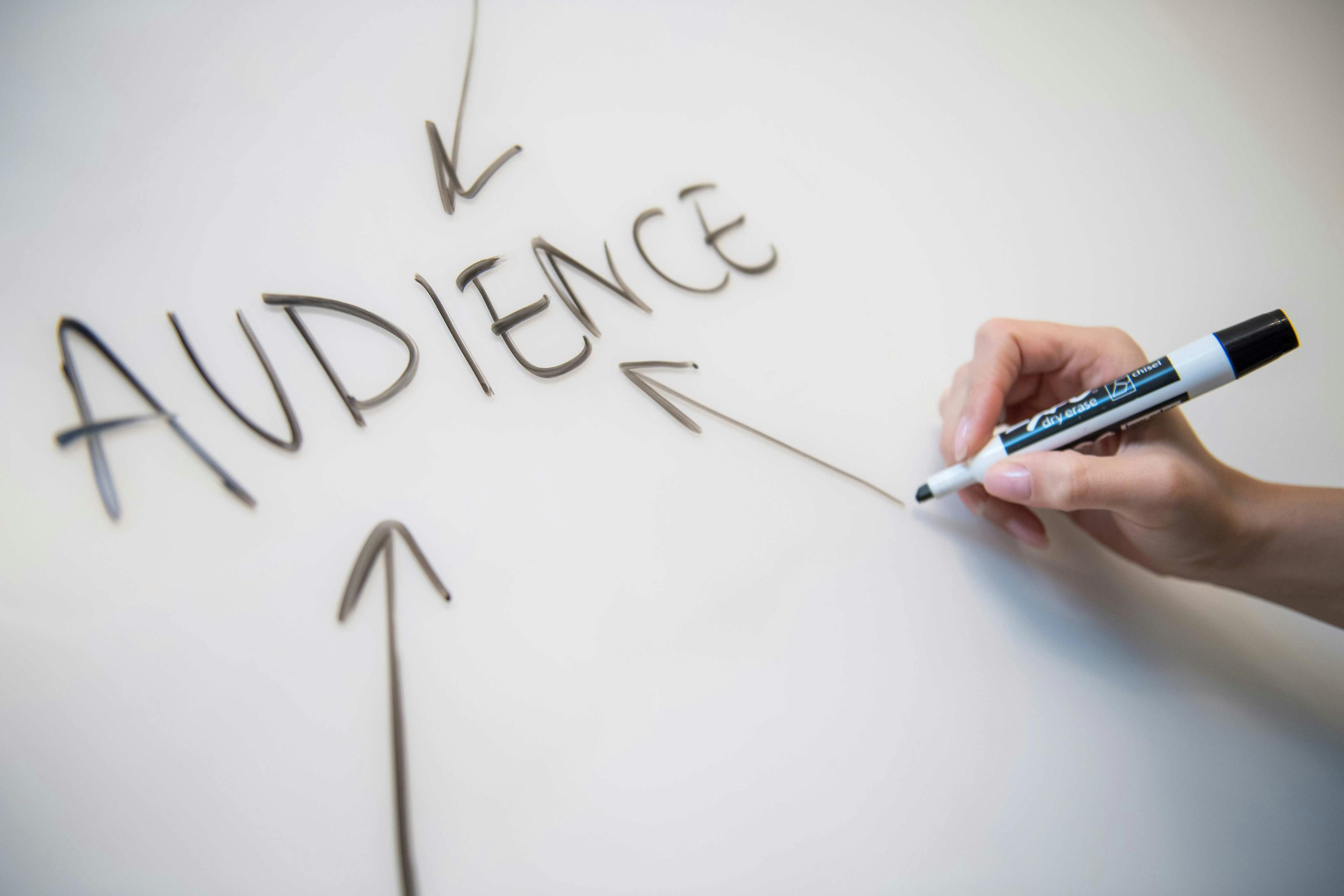Pinterest and copyright

While Pinterest is extremely popular both amongst individuals and brands as a visual sharing platform, potential issues around the copyright and use of images on the site still need to be considered carefully.
What is Pinterest?
Pinterest is currently one of the most popular social networking sites, gaining a vast number of subscribers once it came out of beta development in the summer of 2012, and opened membership to all.
The idea is that users create ‘boards’ within their accounts and ‘pin’ images and other media (videos, for example) to their boards, which other people can follow and ‘repin’ if they like them too.
Pinterest encourages users to find these images, videos and articles on the web and to ‘give credit’ to the creators of these media items. Indeed, its own copyright page states this:
“Pinterest respects the intellectual property rights of others and we expect people on Pinterest to do the same.”
This doesn’t mean that everyone using Pinterest complies with this request, and credit is easily removed when pinning or re-pinning images.
Users are also encouraged to upload and pin images that they themselves have created, to avoid any copyright issues.
Who uses Pinterest?
In Europe (and particularly in the UK) research suggests that the majority of Pinterest users are women though the opposite is true in the US, where Pinterest’s users are more representative of the demographic spread who use the internet as a whole.
So what’s the catch?
Inevitably, with the plethora of wonderful images available online - many of which belong to professional photographers, artists and designers - these are going to be the ones attractive to ‘pinners’. We already have Facebook, Twitter and Instagram (to name a few) to share our own attempts at photography, and images more suitable for friends and family than the world at large.
Here’s the catch. Pinterest doesn’t own the images posted there, and by carefully worded statements and legal notices, it avoids encouraging people to ‘steal’ images. But by the very nature of its business and purpose, it is in effect facilitating this process without being explicit about it.
Is that really a catch?
It’s a valid argument that for the significant amount of publicity that brands and individual creatives could, and do, achieve from enthusiastic pinners, they are prepared to sacrifice some of their rights. But when you are a small business perhaps, or a sole trader earning your living from your creative work, you might be less inclined to take this line.
What can you do to protect yourself?
Whilst in the UK and US copyright is created along with the creative work - be that art, photography, text or music - it can sometimes be a lengthy and expensive business to prove who owns these works.
Some professional photographers and designers have decided that it’s too risky to leave their work on the site. It’s risky enough displaying work online at the best of times, but it is a necessity in this day and age. Unfortunately, unless you are prepared to sweep the internet for copies of your images and designs, it could still be difficult to stop people pinning them without giving you credit. In addition, a few conscientious (or cautious) Pinterest users have decided they don’t want to get inadvertently embroiled in a copyright battle, and deleted their own accounts.
However, whilst Pinterest has clearly put the onus on the user to take responsibility for crediting the owners of images, it is still possible to enjoy using the site both as a ‘pinner’ and as someone who owns copyright. Pinners should always credit from the original source - good practice in any situation when reproducing work or quoting; and the creators of visual work need to be careful not to publish their complete works online, to use watermarks, and low res images. Having your own website that establishes your ownership of the copyright will go a long way to protect your rights.
We at Core are experts in managing issues such of this for our clients and partners. To find out more, get in touch with us through our contact form or tweet us @WeAre_Core.


